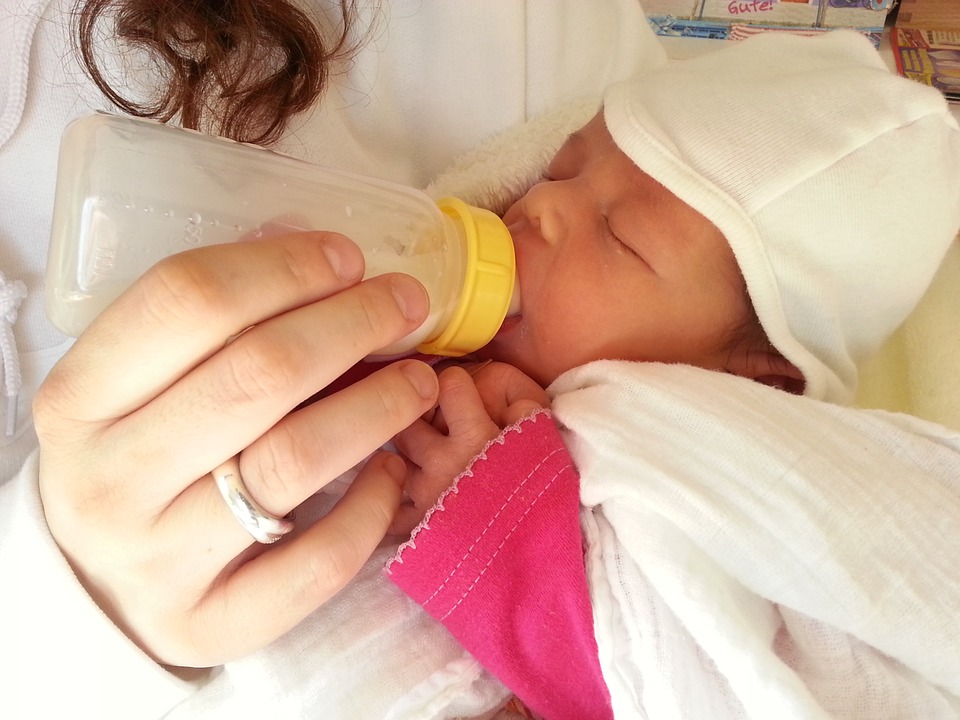
The Importance Of Breastfeeding
Breast milk is manufactured specifically to fulfil the nutritional demands of your infant. When your kid is initially born, they grow an immune system to aid in the battle against illnesses. Colostrum, or early milk from a mother, includes antibodies or proteins that aid in the fight against diseases as the baby’s immune system develops. When a baby is 3–5 days old, the colostrum turns into mature milk. Breast milk protein is also simpler for newborns to absorb than protein from formulas.
When it comes to breastfeeding, how long should a woman do it?
The American Academy of Pediatrics advises that newborns be nursed exclusively for the first 6 months, with continuous nursing and suitable supplemental meals introduced for a year or longer.
Medical benefits of breast milk

The mother’s immune system responds to pathogens she and her infant have been exposed to by producing antibodies. These antibodies are absorbed into her milk and assist in protecting her infant from disease. The nutrients and antioxidants present in breast milk, enzymes, immune capabilities, and live antibodies from the mother are easily absorbed.
Breastfed newborns may grow up to be healthier children because of:
Allergies, eczema, and asthma are less common.
Childhood malignancies, such as leukaemia and lymphomas, are less common.
Diabetes types I and II are less likely to develop.
Crohn’s disease and colitis are less common.
Lower respiratory illness rates
There are fewer speech and orthodontic issues.
There are fewer cavities.
Obesity is less likely to develop later in childhood.
Brain maturation has improved.
Infection resistance is improved.
Breastfed babies are less likely to be hospitalized and require fewer doctor visits than formula-fed newborns in their first year of life. Even if given formula, infants who get only a tiny amount of breast milk might reap these health benefits.
Breast milk’s advantages for premature newborns
Breast milk is especially crucial for preterm newborns, who are at a higher risk of developing various severe illnesses. Premature newborns who get breast milk had a decreased risk of developing necrotizing enterocolitis, a life-threatening gut infection. Breastfed preterm newborns had a reduced risk of sepsis (a life-threatening blood infection) than formula-fed premature babies. Breast milk also aids in the development of hearing and vision in preterm newborns.
Breastfed premature newborns are less likely to be readmitted to the hospital after being discharged from the neonatal critical care unit.
Breastfeeding is physically better for the mother:
Creating and sustaining a milk supply burns roughly 500 additional calories each day after delivery, promoting quicker weight reduction.
The uterus is stimulated to contract and return to its usual size.
Postpartum haemorrhage is reduced.
Infections in the urinary tract are less common.
Anaemia is less likely.
Postpartum depression is less likely, and there is a more cheerful mood.
Emotionally healthier for mom:

Breastfeeding provides the naturally calming chemicals oxytocin and prolactin, which help the nursing mother relax and feel good.
Increased self-esteem and confidence
Calmness has improved. Breastfed babies cry less and are less likely to get sick as children. Breastfeeding can benefit the whole family’s health in terms of body, mind, and spirit.
Breastfeeding facilitates travel. Breast milk is always fresh and at the appropriate temperature.
The mother-child link is strengthened physically and emotionally. Breastfeeding encourages increased skin-to-skin contact, as well as caressing and holding. Many people believe that loving connections throughout the earliest years of life might aid children and adults with social and behavioural issues.
Breastfeeding women learn to recognize their babies’ signs, and newborns learn to trust their carers—this aids in developing the infant’s early behaviour.
When is it necessary for a woman to stop nursing (contraindications)?
For most infants, especially preterm and ill neonates, breast milk is the most significant source of nourishment. However, there are a few circumstances in which breast milk or nursing is not advised. While nursing, only a few drugs are contraindicated (not advised). Although many medications enter into breast milk, the majority have little or no influence on the milk supply or the health of a newborn. When providing drugs to nursing women, health care practitioners should constantly balance the risks and benefits.
Let us know in the comments what do you think about breastfeeding till one year…
You May Also Like

Feeding Your Baby On The Go: 7 Essential Tips
2022-03-30
How to Choose Baby Clothes on a Budget
2022-10-21

